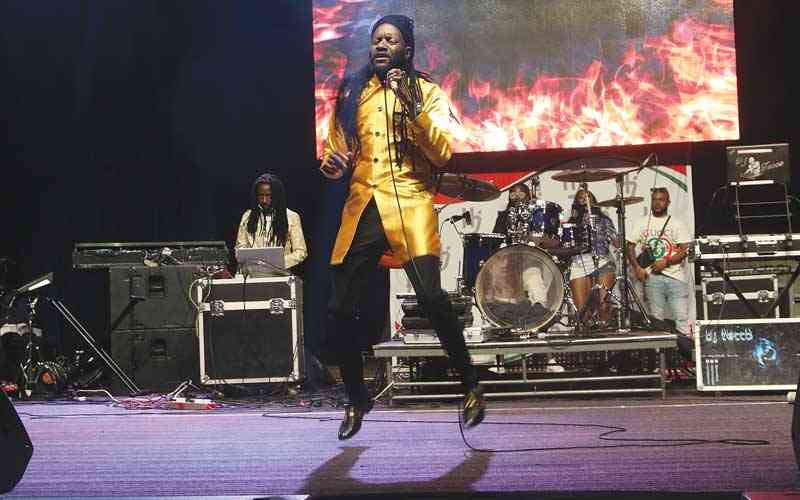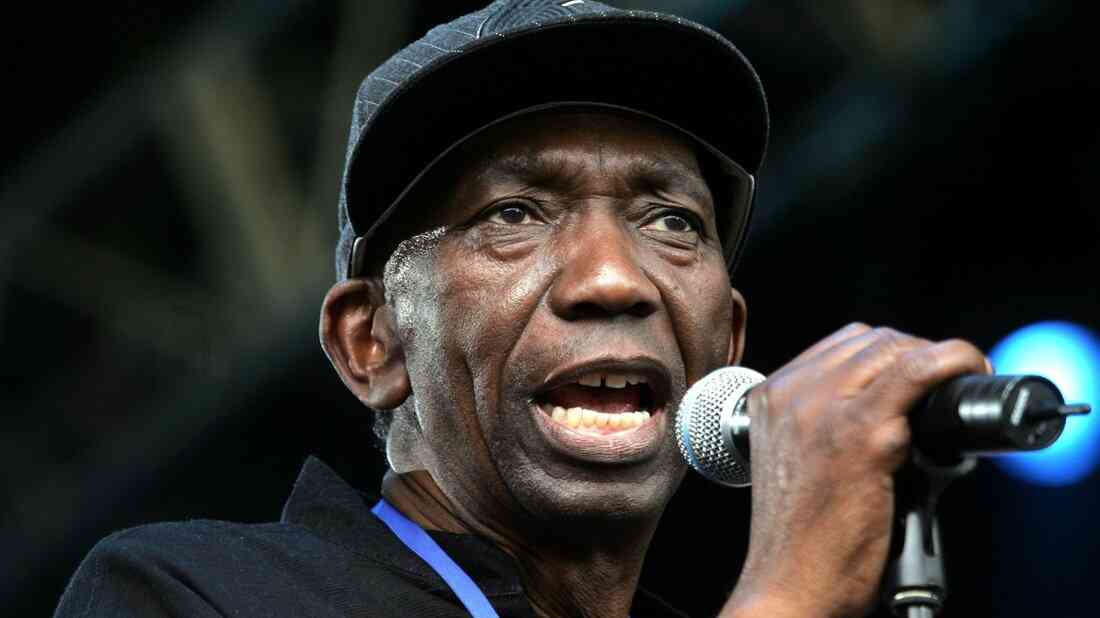
As every quintessential politician will tell you: “We have freedom of expression in this country. You can say what you want as long as it does not harm anybody.’’
Freedom of expression, my foot!
Like in some dystopian novel, free-thinking Zimbabwean artistes are actively snubbed and demonised for speaking out against a political system that has major deficiencies in securing prosperity for the people, to put it lightly.
Artistes who have tried to express themselves freely through songs, which are critical of government or the ruling party in Zimbabwe, have either found their music being banned from airplay or subjected to unsavoury conditions.
We have seen it all. From the days of Thomas Mapfumo to the present day of Winky D. These artistes have acted as the voice of the voiceless. This is despite President Emmerson Mnangagwa saying in 2018 that freedom of speech is an indispensable part of the “new Zimbabwe”.
Pre-independence, Mapfumo was imprisoned without charges under the white-dominated Rhodesian regime. He sang songs such as Hokoyo, Karigamombe, Pidigori Waenda, Varombo kuVarombo, Corruption, Chimurenga for Justice, Chimurenga Rebel, Nhamo, Pamuromo Chete, Chiruzevha Chapera, Mamvemve, Hondo, Congress, Pfumvu Paruzevha, Disaster and Matiregerera Mambo to name only just a few from his catalogue of revolutionary songs.
He went on to be a fierce opponent and critic of the Mugabe regime. He was hounded by the Mugabe government and had to live in exile in the United States for over two decades.
Mukanya has also rebuked Mnangagwa’s regime, which ascended to power through a military assisted coup.
- Religion: Overcoming doubt and unbelief
- Winky D dominates Trevor’s In Conversation
- Religion: Overcoming doubt and unbelief
- Winky D dominates Trevor’s In Conversation
Keep Reading
The Vanhu Vatema hit maker said he does not feel safe to live in Zimbabwe again, but will continue to monitor activities there from abroad.
“I’m not safe to be back in Zimbabwe, they have tried to destroy my life and my family,” he said from his base in the USA.
“They have failed to do so. I don’t love money and if I wanted to be wealthy through notorious ways I would have because I was once with these people (Zanu PF), I was detained by the Rhodesian government for supporting these people who were at war.
“I was sent to Chikurubi, and if I continued praising them I would be rich now yet the people suffer and that is not what I stand for.”
Recently, Mapfumo was tempted by Wicknell Chivayo who tried to lure him back to Zimbabwe by offering him a house and an expensive car on condition he apologised to Zanu PF about his past criticism. Mapfumo stuck to his guns and turned down the offer.
Now let us flip over to 20 years later when a young man calling himself Winky D comes into play: On December 31, 2023, well-known Zimbabwean dancehall artist Winky D released his much-awaited ninth studio album Eureka Eureka. With a line-up of young and fervent artistes on the album, the 39-year-old musician clearly demonstrated what he represents — a voice of a new generation. But this voice, which often levels criticism against a government responsible for deep socio-economic woes in Zimbabwe, is frowned upon by the powerful, leading to the de facto banning of his political songs on state radio and TV.
Since the release of the track Ijipita and his Njema album in 2019, Winky D, whose real name is Wallace Chirumiko, has become a bitter pill to swallow for the Zimbabwean elites. Supporters of the ruling party, Zanu PF, have effectively branded him an enemy of the state and in early January, Tinomuda Machakaire, Zanu PF deputy minister for Youth, Art and Recreation, reprimanded the Zimdancehall musician for being some sort of deplorable anarchist and “causing unnecessary chaos”. Winky D’s political material also illustrates the double standards among members of Zimbabwe’s political class, with his love songs receiving airplay on state-owned radio stations like Star FM, while his political songs are treated as if they never existed in the first place.
In contrast, Jah Prayzah’s politically charged songs like Kutonga Kwaro and Mdhara VaChauya are often played on state radio stations because their content favours the hegemony.
As Irish singer, songwriter and activist, Bono once said, “Music can change the world because it can change people.” It’s been obvious for decades that those in power are highly cognisant of music’s ability to change the status quo, and their initial reactions usually let the cat out of the bag about the extent to which they fear a reshuffle of the political order. Saying the truth, it seems, causes unnecessary chaos.
On a collective level, music brings us together and makes us feel our value as a group. In concerts, a person feels a sense of belonging and safety, knowing he/she is not alone in the face of what is happening. Their voice is multiplied by the number of people around them, enhancing trust as individuals and as a group, charging the anger within and creating a space for expression. Music has always been a fierce catalyst for struggle. For example, music played a crucial role in laying the foundations of liberation for African Americans as well as in the revolutions in Zimbabwe, South Africa, Tunisia, Egypt, Iran, and Syria, hence the intersectionality of these struggles.
Artists and poets have always been repressed because of their significant impact in the short and long term.
There are two aspects to the role of music. The first is a very personal one where an artist can express what he or she can do. At least, that artist can say that they have done something, whether through the words they say or the energy they give in a concert. Of course, this is not enough, but at least it gives one the feeling that I am not just a passive witness to what is happening. On the other hand, music carries a lot of words, without being a newspaper or conference article but it has the power to last for a long time. Even kids who sing along to certain songs without digesting the deep meaning behind the songs will realise later as they grow up what the songs were about. Thus, the power of songs to last for a long time.
That is the power of music. It is indeed a fierce catalyst for struggle as many people have now come to realise.
- Feedback: frezindi@gmail.com










